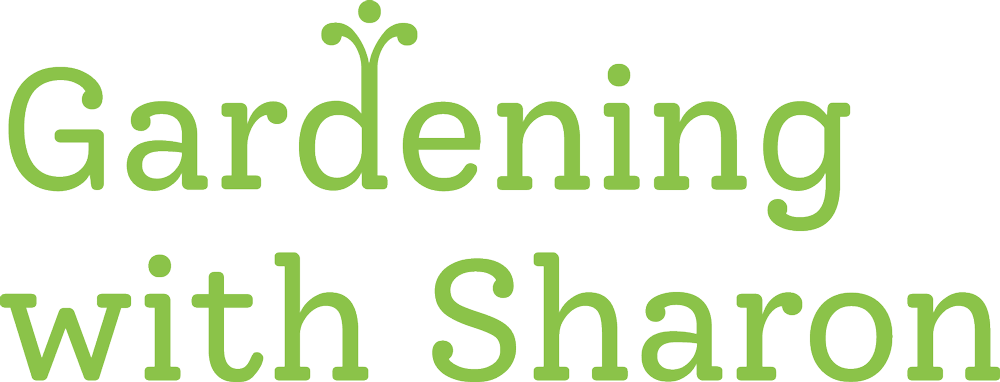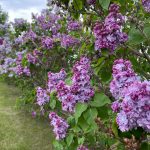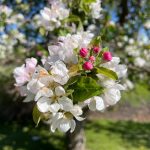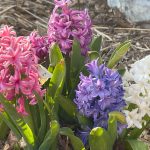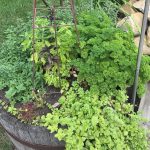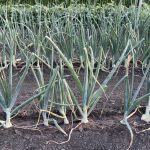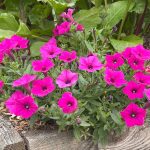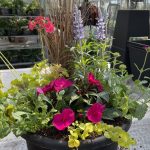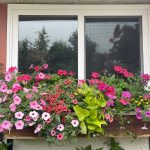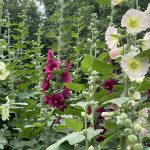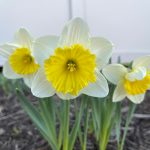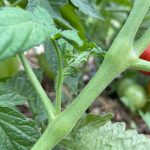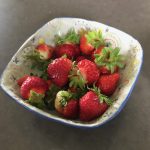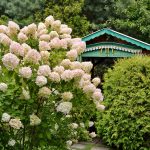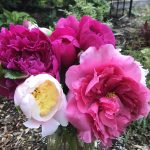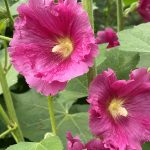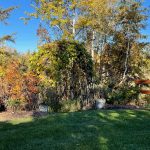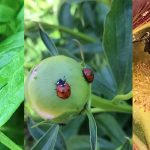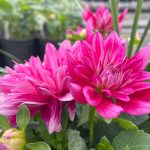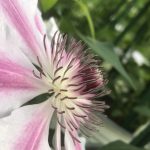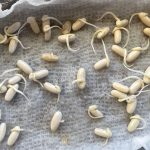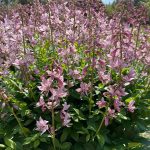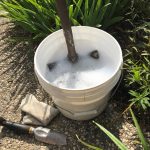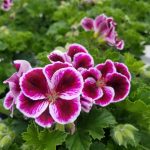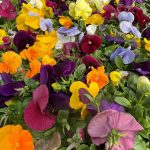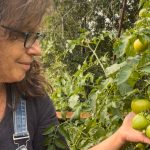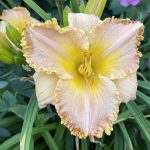Are you looking into home garden irrigation options? It can be difficult to know what watering method is best to help your garden thrive. Home garden irrigation can have many different options, from more labour intensive to completely hands-off. In this blog we’ll cover some great home garden irrigation options you can install today!
Which Watering Method is Best for You?
Garden hydration is a demanding gardening task, especially if it is a hot, dry year and well-hydrated plants are like a well-hydrated human as all systems function optimally.
When it comes to the choice between rain barrels, hoses, sprinklers, or drip irrigation for your garden, the ideal solution often involves a combination of these methods, each catering to specific watering requirements.
Let’s delve into the advantages and disadvantages of each option:
💧Rain Barrel Collection
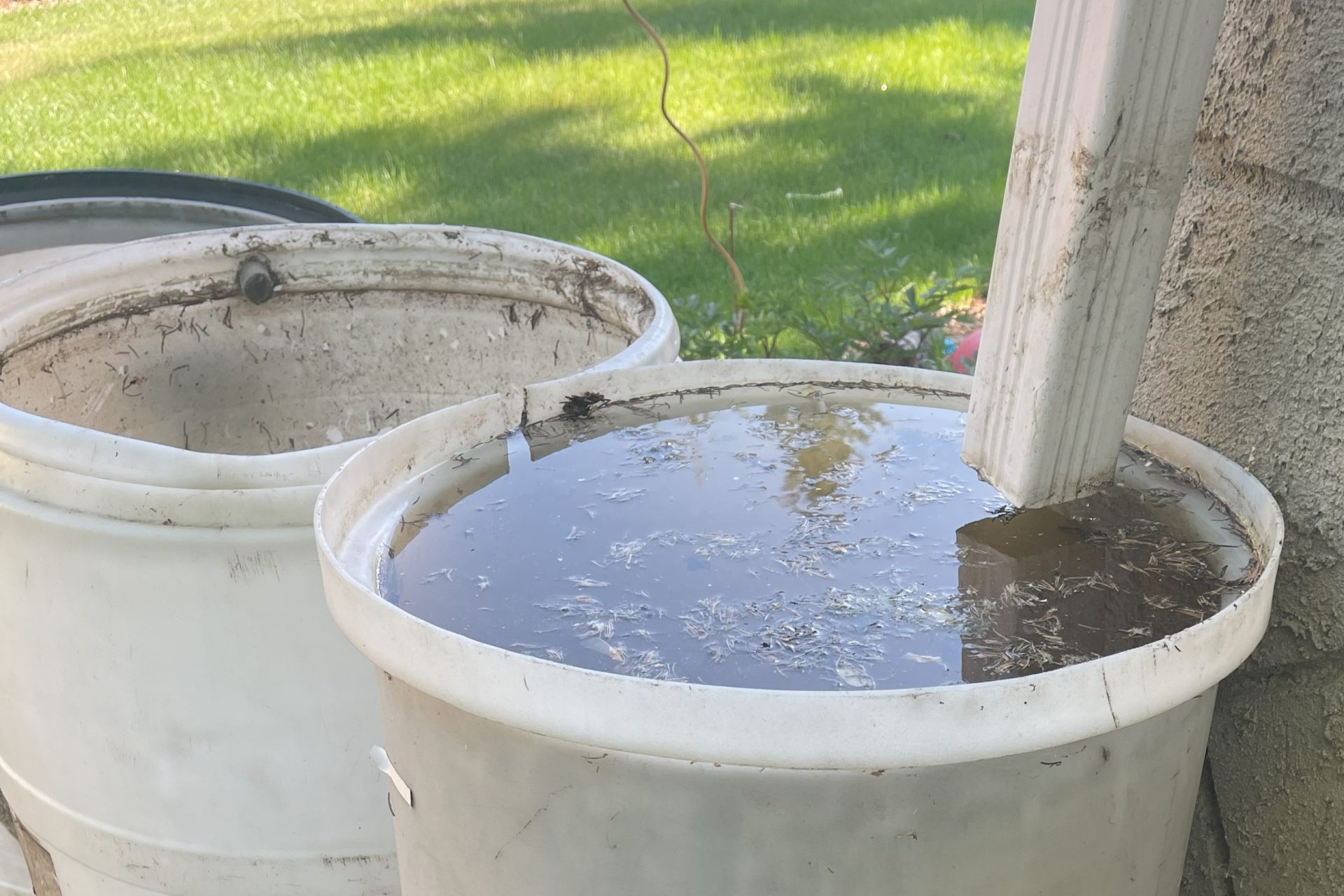
Rain barrels are a simple yet effective way to harness the power of nature’s gift – rainwater.
But what exactly is a rain barrel? It’s a container designed to collect and store rainwater that runs off your roof via downspouts.
They don’t have to be fancy, they just need to hold water.
By capturing this free and natural resource, you can reduce your water bill and contribute to water conservation efforts.
To maximize the water holding capacity, consider setting up rain barrels in a series so that once one is full, the excess water flows into the next one.
Advantages of Using Rain Barrels
Rain barrels promote environmental sustainability by harnessing natural resources and reducing energy consumption.
By collecting rainwater, we can distribute it efficiently without relying on external power sources.
For a more sophisticated setup, a submersible pump can be integrated with a drip irrigation system.
Disadvantages of Rain Barrel Collection
Watering from rain barrels can be labour intensive and involve considerable physical effort if you are using watering cans.
Rain barrel water can get a little messy with algae growth or the accumulation of pine needles or other leaf debris. Fortunately, this is rarely a problem for plants.
💧Watering Hoses

Watering hoses are a fundamental tool in maintaining a lush and healthy garden.
These versatile hoses come in various lengths, materials, and designs to suit different watering needs.
They offer convenience and precision in delivering the right amount of water exactly where it’s needed.
Pros for Using Watering Hoses
Hoses deliver water directly to plants, offering greater convenience compared to watering cans.
Cons for Using Watering Hoses
Watering with hoses can be time-consuming, and they may become entangled or accidentally damage plants. Hose rage is real!
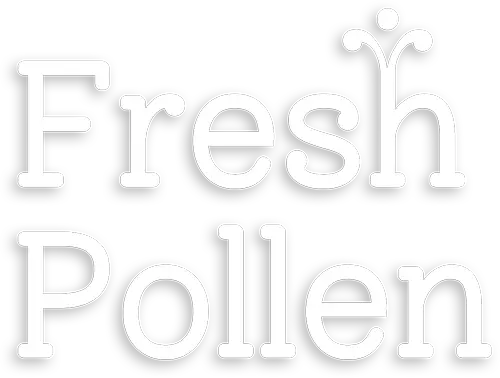
Want the inside scoop on more gardening tips? Get early access to all my blogs and exclusive content by signing up for my newsletter!
💧Water Sprinklers

Water sprinklers are a common sight in gardens, parks, lawns, and agricultural fields.
Sprinklers are an irrigation method crafted to mimic rain, spraying water coverage over large areas.
These devices provide a convenient and efficient way to distribute water evenly over a designated area, ensuring that your plants receive the hydration they need to thrive.
Advantages of Using Water Sprinklers
One thing for sure is that there are many options of water sprinkler designs to cover your specific watering needs.
Sprinklers are intended to irrigate large areas efficiently, reducing the time spent on watering.
They minimize the need for dragging hoses and prevent water wastage.
To control water usage, sprinklers can be set on a timer.
Disadvantages of Watering with Sprinklers
Sprinkler systems can result in significant water loss due to evaporation, especially on hot and windy days.
The cost of sprinklers vary according to the system’s complexity.
💧Drip Irrigation Systems

Drip irrigation is a revolutionary method of watering plants that involves using small hoses or tubing with evenly spaced holes to allow water to drip out directly onto plant roots.
This precise and efficient watering technique has gained popularity among gardeners for its ability to conserve water, reduce evaporation, and deliver moisture directly where it is needed most.
The Pros of Using Drip Irrigation

Drip irrigation systems are highly efficient in terms of water, energy, and time utilization, particularly when combined with mulch.
Water is targeted directly at plant roots, either through a zonal approach or individual plant drip lines.
Drip irrigation systems can be installed with water sensors and timers.
The Cons of a Drip Irrigation System
Installing a drip system takes a considerable amount of time, and they tend to be a little pricey.
Costs depend on the system’s complexity.
Final Thoughts on Home Garden Irrigation Solutions
Choosing the right irrigation method is essential for maintaining a healthy and thriving garden.
By considering factors such as water efficiency, plant needs, and convenience, you can determine which method best suits your gardening style.
Whether you opt for rain barrels, hoses, sprinklers, or drip irrigation, a combination of these methods tailored to specific watering requirements can ensure optimal hydration for your plants.
Experiment with different methods to find the perfect balance that works for your garden to achieve lush greenery and vibrant blooms.
Related Blogs:
How to Put Away Hoses and Rain Barrels
©Sharon Wallish Murphy ©Gardening with Sharon
